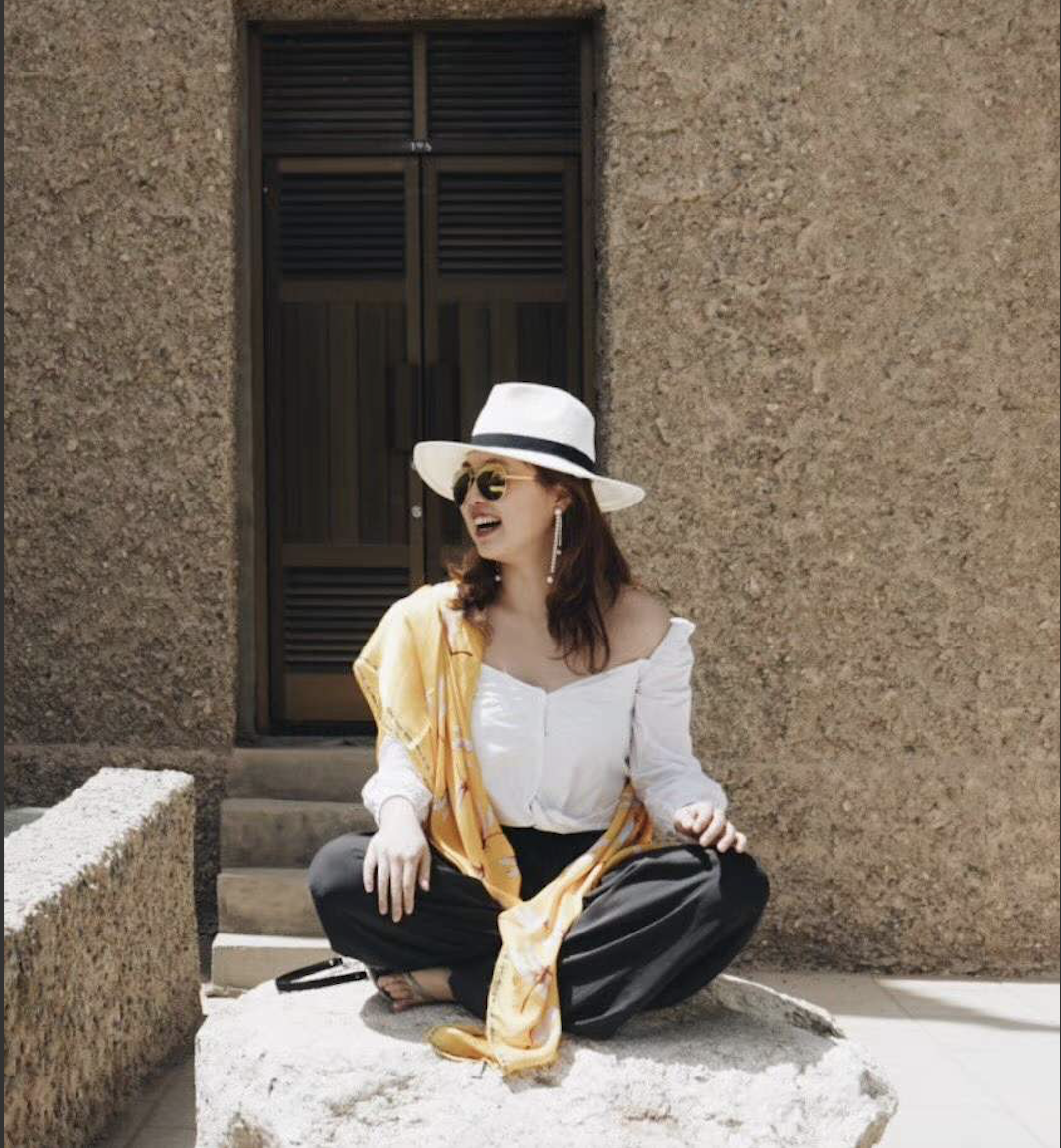 Photo credit: Christina Tang
Photo credit: Christina Tang
Another school year is upon us. College students are deciding on classes, majors, extracurricular activities, and eventually, what to do after college. STEM majors are popular among Asian students, but have you considered a non-STEM major? History, Philosophy, or Art?
Last week, I had the pleasure of interviewing Christina Tang. She is a graduate in Art History from the University of Hong Kong and an incoming graduate student at the University of Chicago. In 2018, Christina co-founded the Artrip (wechat ID: theartrip), a startup dedicated to promoting art for the masses. While most art organizations are elitist, the Artrip aims to make art more accessible. They build communities and offer art-related content online, tours, and gatherings offline.
Her journey from a non-STEM major to entrepreneurship shows that non-STEM majors don’t limit your opportunities and social impact. In this interview, Christina shared with me her college experience, startup work, and advice to non-STEM students.
[zombify_post]


0 Comments